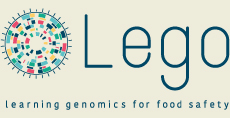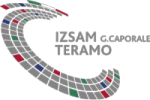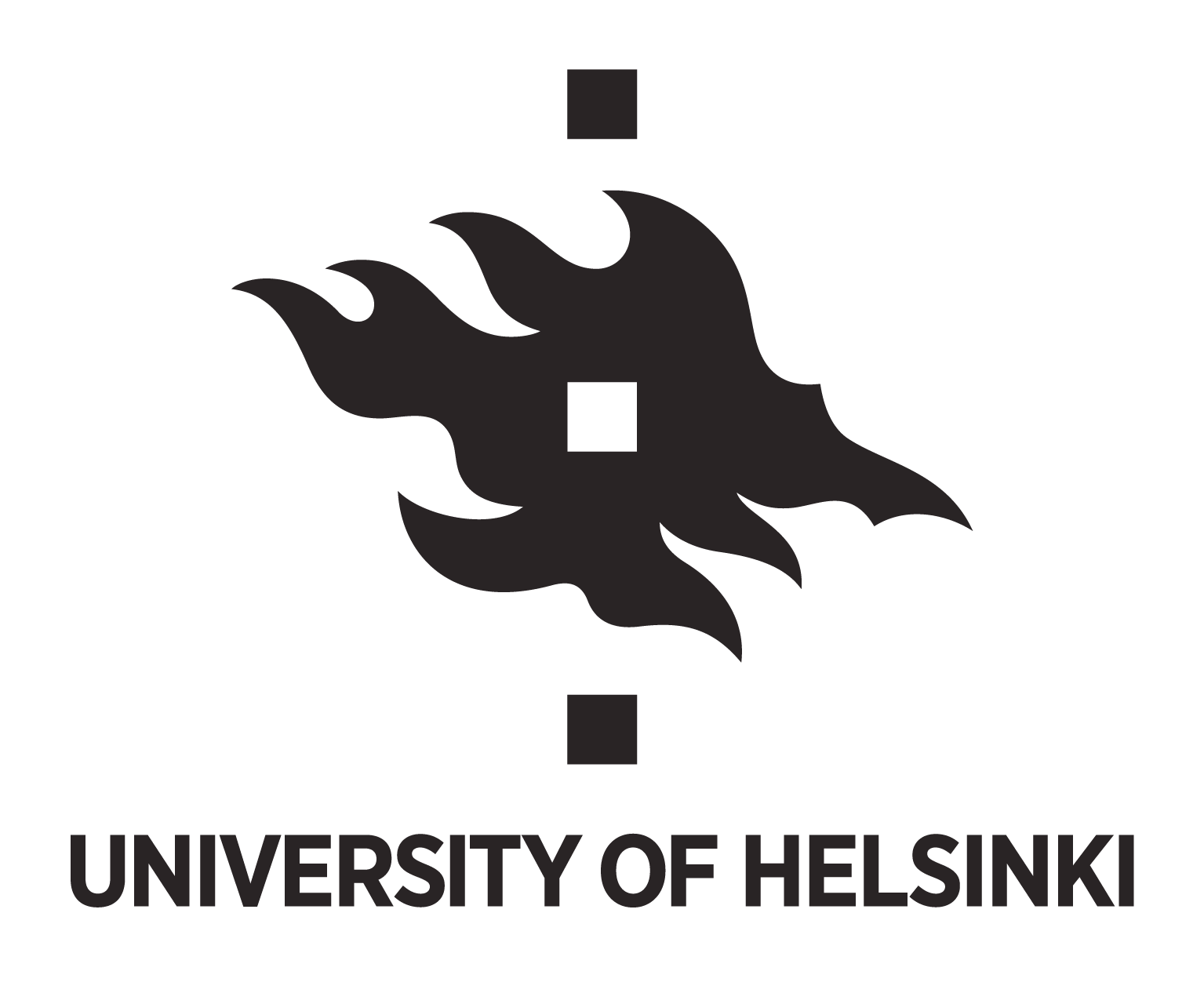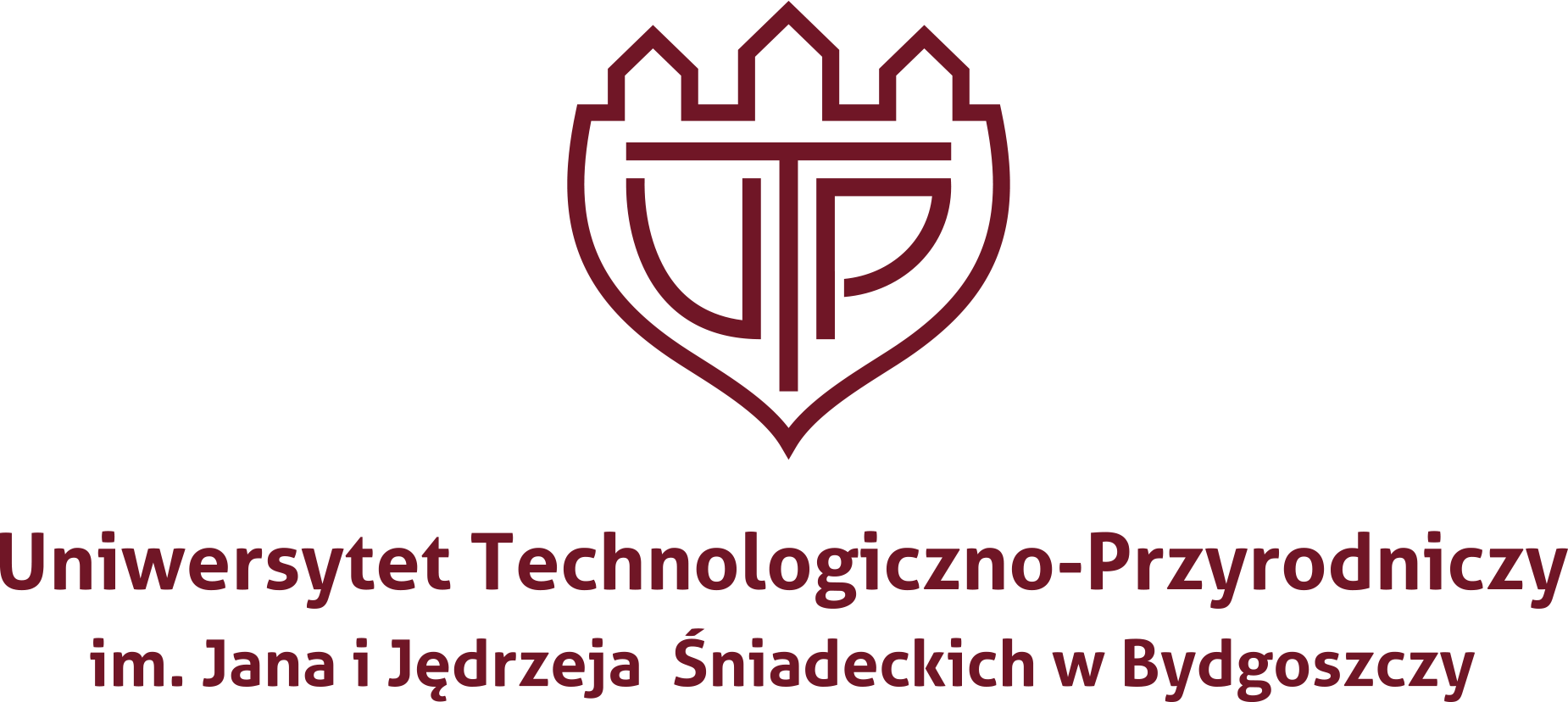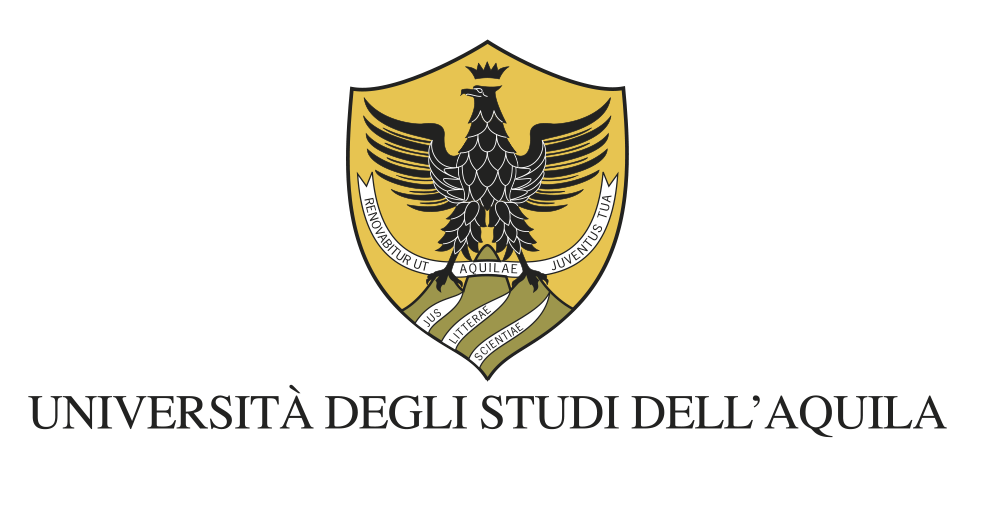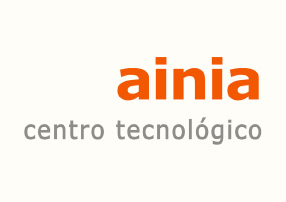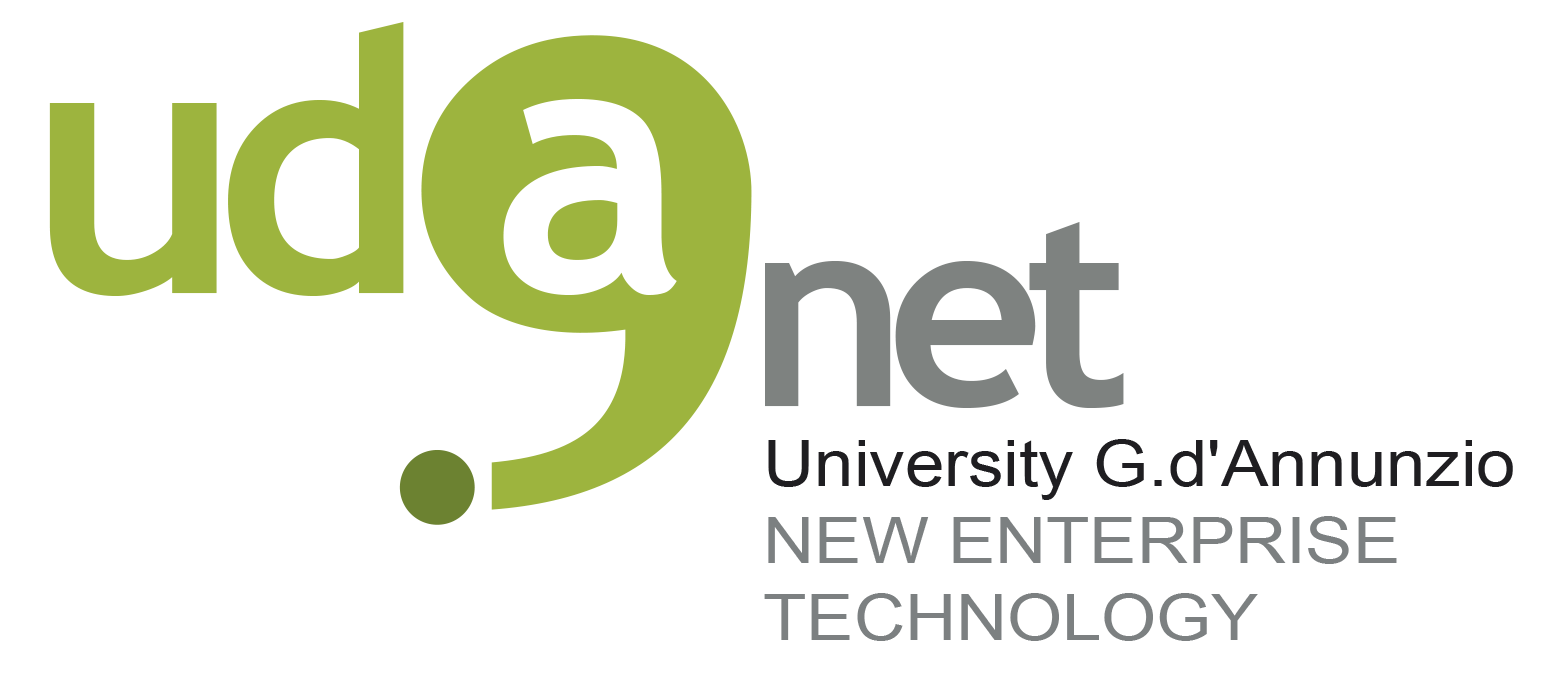Partners
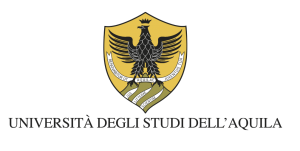 Established in 1952, UNIVAQ is a public teaching and research institution offering a full range of academic programmes including biotechnologies, sciences, economics, engineering, education, humanities, medicine, psychology, and sport sciences.
Established in 1952, UNIVAQ is a public teaching and research institution offering a full range of academic programmes including biotechnologies, sciences, economics, engineering, education, humanities, medicine, psychology, and sport sciences.
With 7 departments, UNIVAQ offers its over 18,000 enrolled students 66 degree courses (divided between first and second level degrees), 8 research doctorate programmes, specialisation schools, specialising-master courses and vocational courses. Many of its 600 professors and researchers have received international recognitions and are considered leaders in their fields of research.
University departments promote, coordinate and organise research activities for one or more sectors or scientific-disciplinary areas sharing the same objectives or research methodologies and promote, organise and carry out academic teaching.
UNIVAQ can count on 2 Excellence Centres (CETEMPS – Center of Excellence in Telesensing of Environment and Model Prediction of Severe Events and DEWS – Design Methodologies of Embedded Controllers, Wireless Interconnect and Systems-on-chip) and 3 interdepartmental research centres (CERFIS – Research and Teaching Centre for Earthquake Engineering; DMTA – Molecular Diagnostics and Advanced Therapy Research Centre; M&MOCS – International Research Centre on Mathematics and Mechanics of Complex Systems). They were set up on the basis of multi-year projects between various university departments to carry out research work embracing multiple scientific areas, or to collaborate in the management of complex scientific apparatus or support systems, also involving other public and private institutions.
UNIVAQ is constantly working to develop its international dimension, establishing networks and partnerships worldwide and implementing several international projects in the fields of education and research. The centralised International Project Office supports academic staff in preparing and managing projects and disseminates results and experiences.
UNIVAQ is very committed to its third mission, so it cooperates with a large set of territorial stakeholders. In this framework, UNIVAQ supports the scientific community in order to enhance intellectual property, selects funding opportunity for industrial research and promotes the creation of academic spin-offs.
Quality of degrees in all the technological and scientific topics represents a fundamental issue of public debate in the phase of the reconstruction of the town of L’Aquila after the earthquake of 2009.
